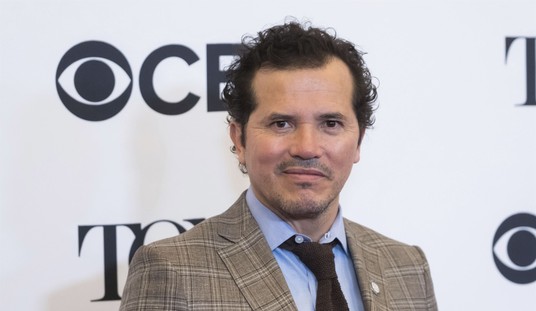A few weeks ago, California Congressman Pete Stark made a revealing comment at a town hall meeting. One of his constituents inquired about using the Constitution’s commerce clause to justify health care legislation that — for the first time in American history — requires citizens to purchase a product. When asked by that constituent what the federal government can’t do, Stark replied: “The federal government, yes, can do most anything in this country.”
Really?
In late August, Kentucky Congressman John Yarmuth had a similarly rare moment of truthfulness when asked the same question about the limits of the commerce clause. He answered:
It really doesn’t prohibit the government from doing virtually anything — the federal government. So I don’t know the answer to your question, because I am not sure there is anything under current interpretation of the commerce clause that the government couldn’t do.
With comments like these, it seems that just as many in Congress who don’t read the bills also haven’t read the Constitution.
According to America’s founding documents, the power of public officials is limited. Stark and Yarmuth represent the worst of our representatives — those who disregard the Constitution as the supreme law to elevate themselves onto a pedestal of infinite power. They aren’t public servants — they’re gods. Although this attitude is nothing new, it’s shocking to see that we now live in an environment where politicians feel comfortable saying it out loud.
When a reporter asked House Speaker Nancy Pelosi a question similar to those posed to Stark and Yarmuth, she refused to even answer it. Instead she acted as if the question — and the reporter — were beneath her. She replied with: “Are you serious? Are you serious?” Yes, we’re serious.
But Pelosi thinks she is above accountability. After all, she’s the “most powerful woman in American history.” She’s so much better than American citizens that we don’t even deserve to know what’s in her legislation before it’s passed.
Congress’ deity syndrome didn’t happen overnight, and the media has certainly played a part in bolstering Washington’s narcissism. Newsweek editor Evan Thomas even said Obama is “sort of God.” But many American citizens have also contributed to the creation of the Washington god complex, by asking government for too much.
When this country was founded, citizens largely looked to God, their families, or themselves for help or comfort. Now, many Americans have stopped looking towards the traditional resources, and instead look more and more to government. Thereby, in a mutually dysfunctional relationship, government becomes their god.
When they are without money, they cry out to the government to take care of them. If there is a problem in areas like the public school system or health care, they look to the government for the answer. They expect the government to fix all areas of life that pose some discomfort. No matter what ails them, government is the cure.
When citizens endlessly extend their hands to the government to bestow blessings and riches upon them, a government god complex is inevitable. If citizens continually look to our representatives for salvation, representatives start believing they are our saviors.
For our messianic leaders, the sense of entitlement and lack of accountability that go along with omnipotence is endless. That’s why Charlie Rangel won’t step down. He believes he is above reproach and is entitled to his seat. That’s why nothing is ever Congress’ fault. That’s why the White House is still blaming President Bush.
With their all-knowing divinity, they think they know what’s good for us when we don’t. No matter how much Americans protested and pleaded for our leaders to throw out the health care reform bill, they passed it anyway. Plus, they’ve decided they don’t have to answer for it — they simply point to the commerce clause.
Thomas Jefferson said:
I predict future happiness for Americans if they can prevent the government from wasting the labors of the people under the pretense of taking care of them.
Thanks to the arrogance in Washington — shown both by action and by statements like those made by Stark and Yarmuth — Americans are taking to heart the meaning of that statement.
Americans are waking up to the consequences of a government that promises them everything they want. As individual Americans get back to the constitutional ideas of personal responsibility and limited government, we will likely vote out our representatives who think the federal government is infinitely powerful. Hopefully, November’s elections will help remind our power-hungry representatives that they have to answer to us.
But we have to take a hard look at how we got here, so we can stop future generations from condemning themselves to limitless government control.
“I am not sure there is anything under current interpretation of the commerce clause that the government couldn’t do” is a far cry from the Federalist Papers which state: “The powers delegated by the proposed Constitution to the federal government are few and defined.”
The problem is that the “current interpretation” of the commerce clause is miles away from its original intent. Even if Americans succeed in changing our direction, and we start moving towards limited government, without defining the limits of the commerce clause there’s nothing to stop Congress from eventually moving us back to this point — or further.
Perhaps it is time for a constitutional amendment to strictly define the limits of the commerce clause and reinstate its meaning. Then, the lessons we’ve learned will be a blessing to future generations who won’t be burdened with reining in “divine” and out-of-control representatives.









Join the conversation as a VIP Member